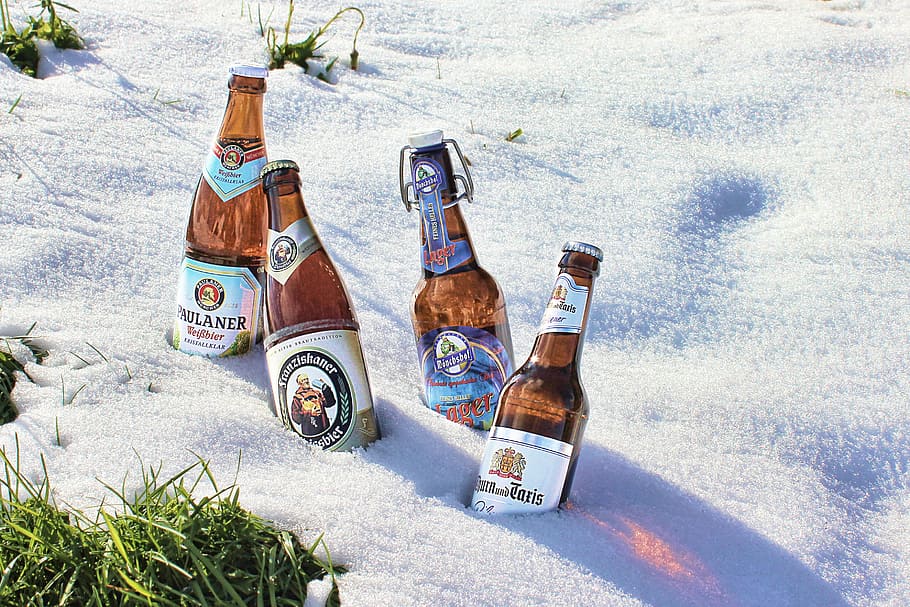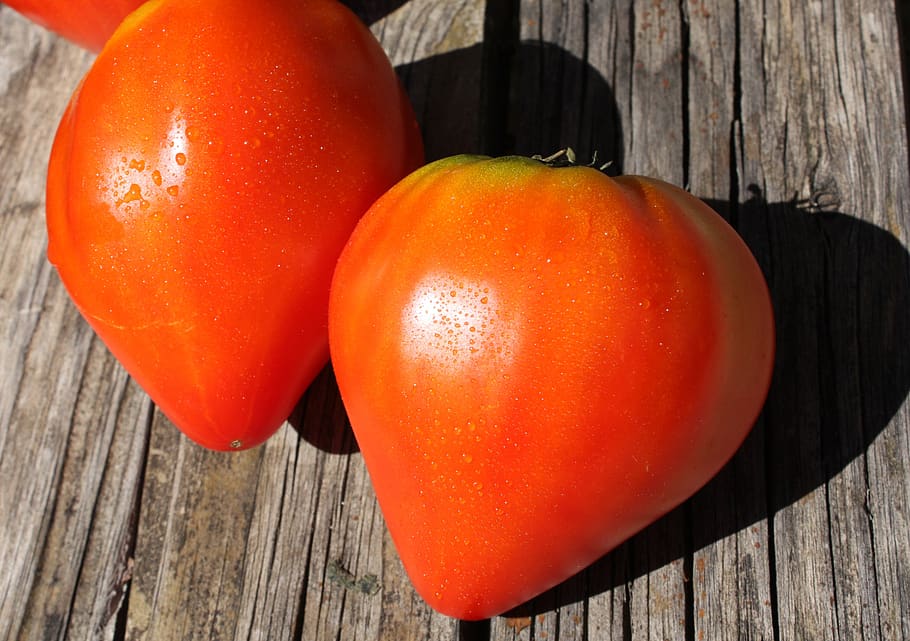How to Make Alcohol
Creating your own alcohol can be an exciting and rewarding experience. From making your own brew in your kitchen to starting an entire distillery business, creating a great tasting alcohol is possible for anyone with the right knowledge and equipment.
Gathering Supplies for Homebrewing
If you are interested in making your own homebrew, the first step is to gather the necessary supplies. You will need a container large enough to hold the entire batch of beer, known as a fermenter. A fermenter should be airtight and made of glass, stainless steel, or food-grade plastic. You will also need grain, yeast, and hops to make your beer. Ensure you purchase the freshest ingredients you can, as they will affect the taste and alcohol content of your homebrew. Once you have gathered supplies, choose a style of beer to make and read up on the process for doing so.
Making the Brew
The next step in homebrewing is to make a mash of the grain, which is done by mixing the grain and hot water together. The temperature of the water and the length of time this mixture is left is important, as it can affect the flavor of the beer. After mashing, the lautering process begins. Lautering involves straining off the wort (sugary liquid) from the boiled grain. The wort is then boiled for a few hours, before being steeped with hops, which are a type of flower bud. This is what gives beer its characteristic bitterness. After steeping, the beer is cooled and transferred to a fermenter, where yeast is added to initiate fermentation.
Fermenting and Bottling
Fermentation should occur at a cool, stable temperature in the fermenter. This usually takes two weeks or more before it is finished. When fermentation is complete, the beer is transferred to bottles where additional yeast and sugar are added. This encourages a secondary fermentation, known as bottle conditioning. After the secondary fermentation is complete, the homemade beer can be refrigerated and consumed.
Commercial Alcohol Production
If you are interested in distilling and selling alcohol on a commercial scale, you must acquire a Distilled Spirits Permit (DSP) from the Alcohol and Tobacco Tax and Trade Bureau. You will also need to be aware of laws in your area, as some regions may require additional permits or regulations for distilleries. Additionally, any commercial distillery will need to acquire stills, barrels, and other equipment for distilling and aging the alcohol before it can be sold.
Conclusion
Making beer at home and operating a commercial distillery are both time and labor intensive activities. If you are serious about producing or selling alcohol, make sure to do your research so that you are in compliance with all applicable laws and regulations.



